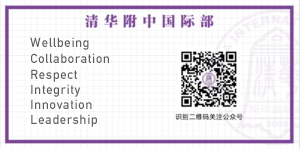Mr. Williams
Mr. Williams has taught at the middle, high school, and university level for over 25 years, and has been a teacher, curriculum specialist, and campus administrator. Mr. Williams has taught all fields of science, English, journalism, history, and industrial technology. He is from Southeast Texas and has spent time working with NASA, the National Park Service, and the University of Texas Health Science Center. He likes to travel, lead tour groups to places like Iceland, and collect rocks and fossils. He also has a particular interest in island biogeography and works in the THIS STEAM lab.
Classes
Physical Science is a lab-based class that introduces students to chemistry and physics. First semester looks at matter, atoms, elements, the periodic table, acids and bases, properties of matter, and chemical reactions. Second semester focuses on energy and forces, and the study of how things move. We focus on things like gravity, speed, acceleration, and the Laws of Motion to find out how skateboards, parachutes, and rollercoasters work.
Earth and Space Science is a lab and project-based course to help understand Earth’s Systems, Earth’s Place in the Universe, Earth’s History, and how Human Activities affect the environment. We primarily learn about astronomy, meteorology, oceanography, geology, and paleontology, but also see how these topics are influenced by physics, chemistry, and biology. Students examine how the Universe formed, tour the Solar System, learn about rockets and space exploration, and identity how and where scientists look for life. We also find out how the Earth formed and changes over time, study earthquakes and volcanoes, learn all about dinosaurs, find out how fossils form, and learn how scientists look for fossils. We learn about oceans, coral reefs, ocean ecosystems, water chemistry, and how the oceans influence the weather. Finally, students learn about caves, rivers and groundwater, the atmosphere, the climate, and how humans can affect the environment, in addition to meteorology and how humans can be affected by hurricanes and tornadoes.
Mr. Williams is the sponsor of the Future City team, co-sponsor of the Middle School Woodworking Club, co-sponsor of the High School Engineering Club, co-sponsor of the yearbook, faculty member of the Harry Potter Club, and science mentor of the SciNex Science Club.



